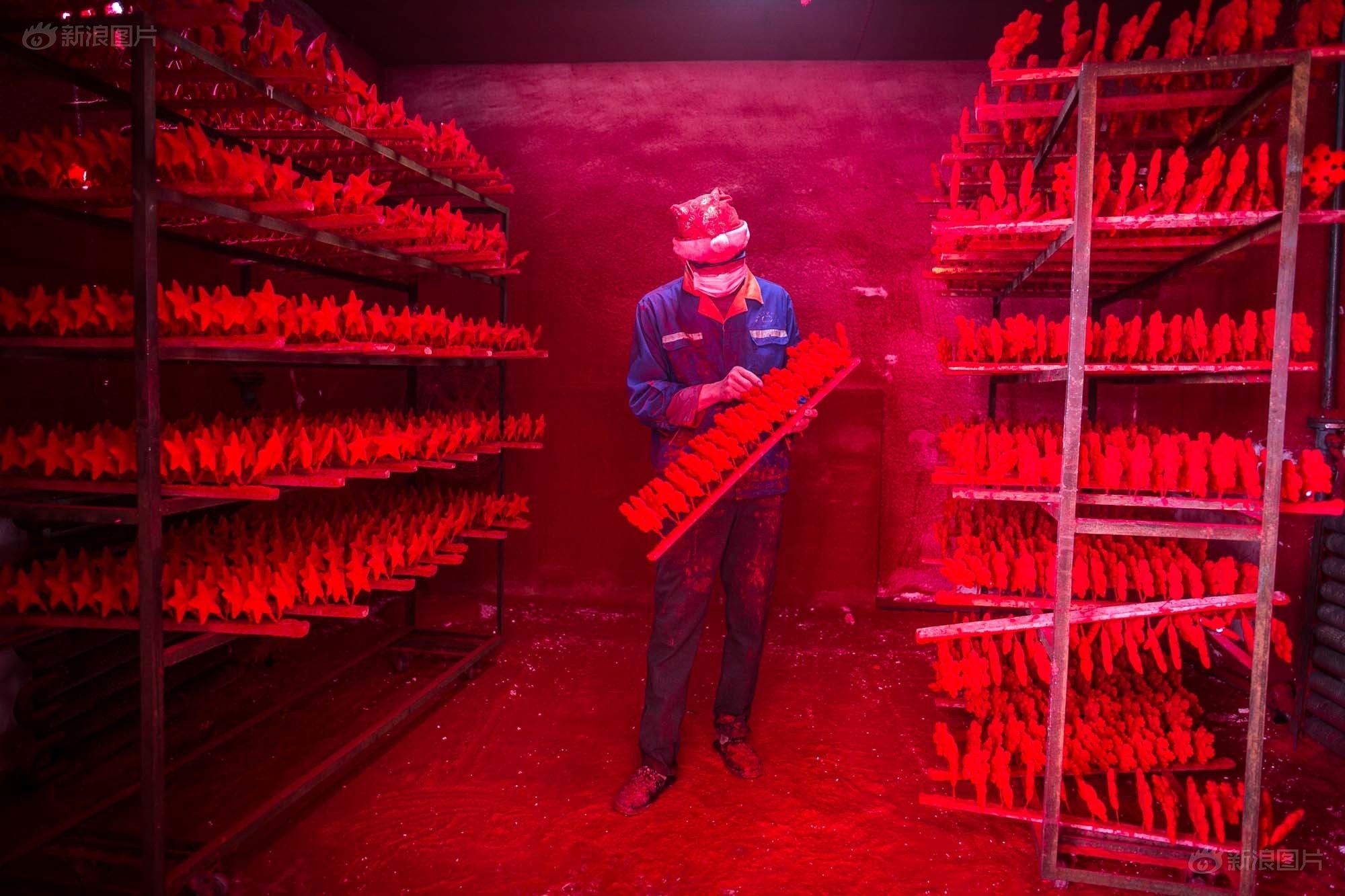ALL THINGS SWEET AND RICE
Let’s get one thing straight here, baijiu isn’t mijiu. The potent grain wine baijiu is distilled from mijiu and that’s as far as it goes. How did I find this out? Because I mistook a 63% proof shot of baijiu for mijiu and now I’m struggling to focus on this word document. To make matters worse, the background information on mijiu is so befuddling that it’s akin to drinking a tall glass of firewater.
Mijiu (米酒) is the generic name for Chinese fermented rice wine and is actually not too dissimilar to the ubiquitous Japanese sake. It’s generally clear in appearance, used for both drinking and cooking and has an alcohol content ranging between 12-19.5%.
There’s also nuo mi jiu which is drunk with glutinous rice or at least has been fermented from sticky rice. Drinkers need to use a wide-mouthed bowl and a spoon when imbibing it.
With more than ten kinds of amino acids in it, rice wine is very healthy for all kinds of people, especially for the elderly and postnatal mothers. In some cases, it’s consumed with brown sugar or an egg. It is said to promote appetite, help digestion and circulation and to control one’s temperature all year round.
But if we are going to talk about mijiu you can’t do so without mentioning huangjiu (黄酒), the yellow and older brother of mijiu. It’s brewed directly from grains such as rice, millet, or wheat. Various styles of huangjiu may vary in colour from clear to beige, yellowish-brown, or reddish-brown with the high quality Shaoxing Rice Wine being the most famous.
Unlike baijiu, such liquors are not distilled. Due to the inhibition of fermentation by ethanol at that concentration, they contain less than 20% alcohol, These wines are traditionally pasteurized, aged (in huge underground barrels) and then filtered before their final bottling for sale to consumers.
Akin to nailing down the origins of leaves and water (tea), finding the starting point of fermented rice is like holding onto a wet fish. The Hakka people used and still use the rice wine in all types of dishes including one of the most common and simpler named: Black-bone Chicken Soup With Glutinous Rice Wine. I was told by manager Ma Xiaomin that the taste is juicy and tender. Not surprisingly when talking about Chinese dishes the medicinal benefits are plentiful. It’s known to enrich the blood, nourish your yin and is particularly suitable for women.
Originally, the Hakka were Northern Chinese, but they migrated to the south (especially Guangdong, Fujian, Jiangxi, and Guangxi provinces) during the fall of the Nan (Southern) Song dynasty in the 1270s. Their origins remain obscure, but the people who became the Hakka are thought to have lived originally in Henan and Shanxi provinces in the Huang He (Yellow River) valley. Meizhou, in eastern Guangdong, is the culture capital of the Hakka area. Today, they are considered to be a subculture of the Han.
We headed down to our local Hakka store and came across a 700ml bottle of Ke Jia Niang Jiu(客家娘酒) from Meizhou itself with an alcohol strength of 13%. The tar-coloured wine tasted like a wad of treacle that had quickly been dipped in a bottle of high proof vodka.
Another practice is that the wine is often presented as a gift at weddings – where the family of the bride will give it to the groom. Interestingly, a chicken, coupled with a string of firecrackers is also sent to the mother’s family to announce the good news.
It’s their belief that while making the wine “one's mind should be focused and not speak ill of anything or anyone, or else it will destroy the taste of the wine.”
The less said the better then.
// Hakka Specialty Shop, 5 Jianshe Er Malu, Yuexiu District, Guangzhou (020 8386 0303) 广州市越秀区建设二路马路5号






















0 User Comments